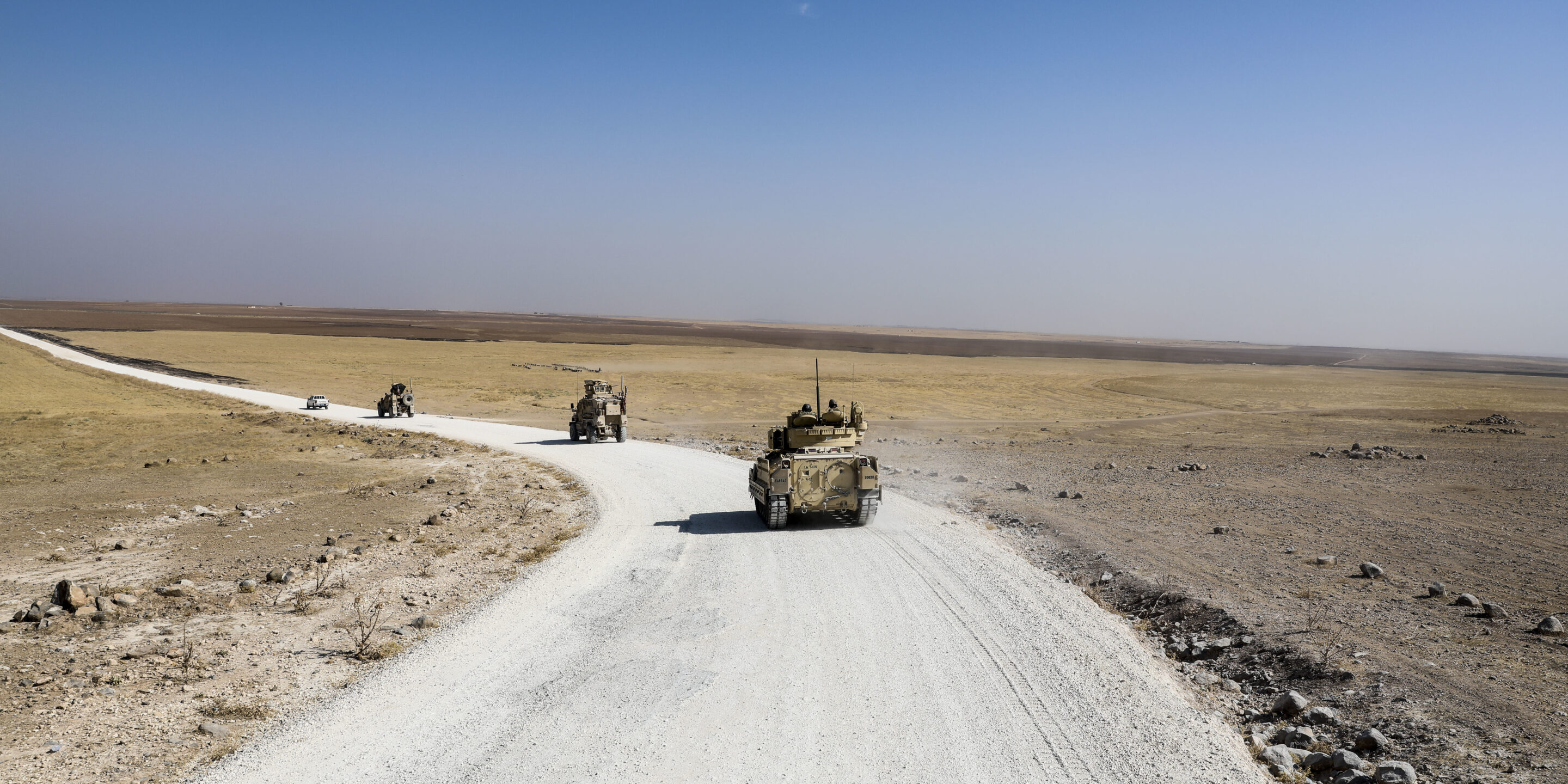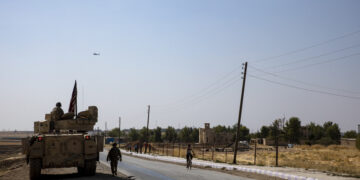June 10, 2025
The U.S. must restrain itself from being too involved in Syria’s redevelopment

When President Donald Trump met Syria’s new president, Ahmad al-Sharaa, for the first time last month, he came away impressed with the man’s vision, stamina and looks. “Young, attractive guy, tough guy,” Trump told reporters after the session. “Strong past, very strong past. … He’s got a real shot at holding it together.”
Trump followed up the compliments with a policy change that reverberated throughout the Middle East: a suspension of the U.S. sanctions regime on Syria, which the White House argued was a necessary prerequisite to giving the country a chance to turn the page from more than a half-century of Assad family dictatorship.
The United States, however, continues to have certain expectations for the new, evolving Syrian government. Washington’s asks boil down to three items: combating the Islamic State militant group, consolidating its authority to prevent chaos, and respecting the rights of ethnic and sectarian minorities in the country, some of whom, like the Kurds in Eastern Syria, have been long-standing U.S. partners. The Trump administration also expects al-Sharaa to clamp down on Palestinian militant groups that have traditionally used Syrian soil as a base of operations, and Trump eventually wants Damascus to join the Abraham Accords, which would normalize relations between Israel and Syria.
The results thus far have been mixed, depending on the issue. But in the Middle East, a mixed verdict is often the best that one can hope for.
More on Middle East

Featuring Daniel DePetris
August 5, 2025
Events on Syria








